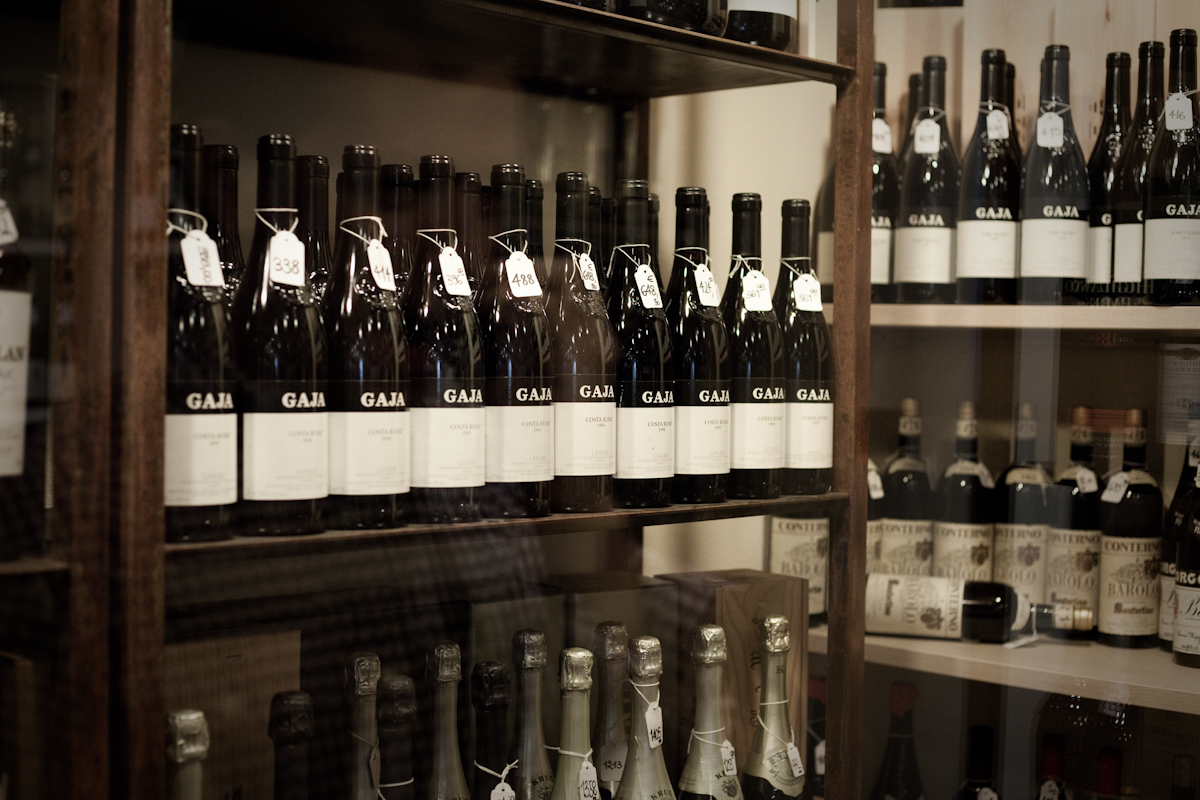Everybody’s tastes are different, and that’s a good thing. In fact, much the same way that wines change from one vintage to the next, our taste and interest in wine is also constantly evolving.
Below is a quick guide to my tastes so you can see if they align with yours. If so, maybe we can learn from each other and discover some awesome wines together.
Currently, I would define my wine-tasting priorities as such:
Is the wine conversational?
When you read praise for a wine, you often see words such as “complex,” “balanced” and “harmonious.” These are decent words, and certainly more straight-forward than “conversational.” And yet, not all wines need to be complex to be enjoyable. And frankly, “balanced” and “harmonious” are fairly low bars to clear (of course it shouldn’t be too oaky, too fruity, too tannic or too alcoholic). After years of struggling with this as a wine taster, I’ve settled on the rather esoteric term of conversational, which is appropriate for anyone who is enjoying a wine by the bottle over several hours (or days), rather than by the glass. What it means is this: does the wine keep speaking to you over time? Does it get more interesting? Does it have a compelling way of expressing different notes? Or is it as fatiguing as the obnoxious guy at a party who only wants to talk politics?
Is the wine food-friendly?
In other words, does it taste better with certain foods and does it make the food more enjoyable as well? Sometimes a wine will rate higher because it would appear to partner well with a wide spectrum of foods (a Mosel Riesling that works with roast chicken as well as spicy Mexican). Other times, it rates high because it is the perfect fit for an exact dish (e.g. Priorat with lamb).
Is the wine highly aromatic?
In other words, could I get lost in the aroma alone? Since our sense of smell is firmly connected to memory, I believe the intensity and uniqueness of a wine’s aroma is highly important.
Is the wine surprising?
Does it offer something that I have never experienced before? This one is a bit tricky. There is always a wine out there that is “new” to my palate, and certainly, not all “new” experiences are surprising in a good way (e.g. a Grüner Veltliner that was aged in balsam-wood barrels … uh, no thanks). And certainly, some wines offer such a shining example of their class of wine, that they deserve to be rated as high as possible. Yet, when a wine adds something new to my palate’s memory, it makes me a better taster. And it will stay with me longer as a result.
Does the wine offer an interesting story?
This is where I let my assessment of wines become subjective. Because when the day is done, and you are drinking a bottle with friends, you are not an objective journalist. You are swayed by such things as the label, the name on the wine, and yes, even the shape of the bottle. And since that’s the context I am writing for, I often like to delve into the story behind a wine, and what it represents culturally (don’t worry: I’ll do the research for us). If its from a vineyard with a fascinating geology, a winemaking house with a compelling history, or a region with a unique identity, then odds are, I’m more intrigued. Certain regions produce highly commercial wine, and to me, that’s just not as interesting an experience.
Because of these five criteria, I tend to find myself seeking out wines from the Old World, especially certain pockets in Italy, France, Spain, Austria and Germany. In the New World, I tend to gravitate to cooler climates, such as Oregon, coastal regions of California, New Zealand’s Central Otago, and the upper valleys of Chile.
For a quick run-down on what my wine ratings mean, visit the How We Rate Wine page.

